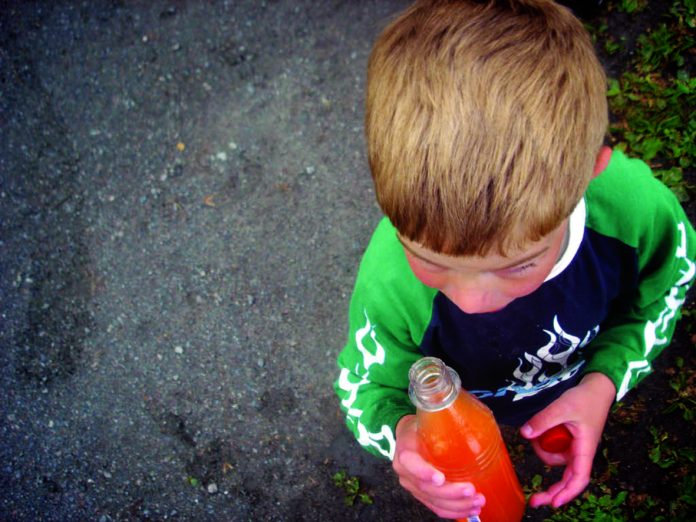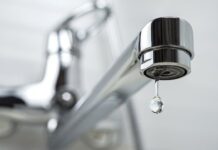
Children and teenagers need to drink more water instead of sugary drinks, to tackle the alarming rise in child obesity and to reduce the risk of diabetes, say the UK’s council leaders.
The Local Government Association (LGA), which represents more than 370 councils with responsibility for public health, is calling for water to be made more freely available in schools, nurseries and children’s centres to help make youngsters drink more of it. “Children and teenagers are not drinking enough water,” said Izzi Seccombe, LGA Community Wellbeing spokeswoman.
“It is far too easy for them to choose a soft drink rather than a glass of water. The healthy option should be the default option. We want to make it just as easy for children to choose water as it is to choose a soft drink that is piled high in sugar.”
The LGA wants the UK government to make hydration in schools a part of its forthcoming child obesity strategy.
According to the National Hydration Council, children and teenagers in the UK get less than a quarter of their recommended daily fluid intake–approximately eight glasses–from water.
Council leaders say tap water needs to be “the default option” for young people, rather than carbonated drinks that are high in sugar.
The LGA also cites a study conducted by the European Association for the Study of Diabetes which shows that by replacing one sugary Children need to drink more water, urge UK councils drink with water each day, the risk of type 2 diabetes can be lowered by 25 percent, while replacing sweet drinks with water can eliminate 235 calories from diets.
“Swapping sugary drinks for water could make a big difference in helping to tackle major health problems such as obesity, diabetes and tooth decay, as well as improve concentration in the classroom,” added Seccombe.
One case study cited by the association includes a campaign similar to ‘Stoptober’ (a UK National Health Service initiative undertaken every October to help smokers quit) run by Blackpool Council where it worked with two schools and two colleges last Autumn to get pupils to swap fizzy drinks for water for 21 days. More than 80 youngsters aged 11 to 18 signed up to the challenge.







